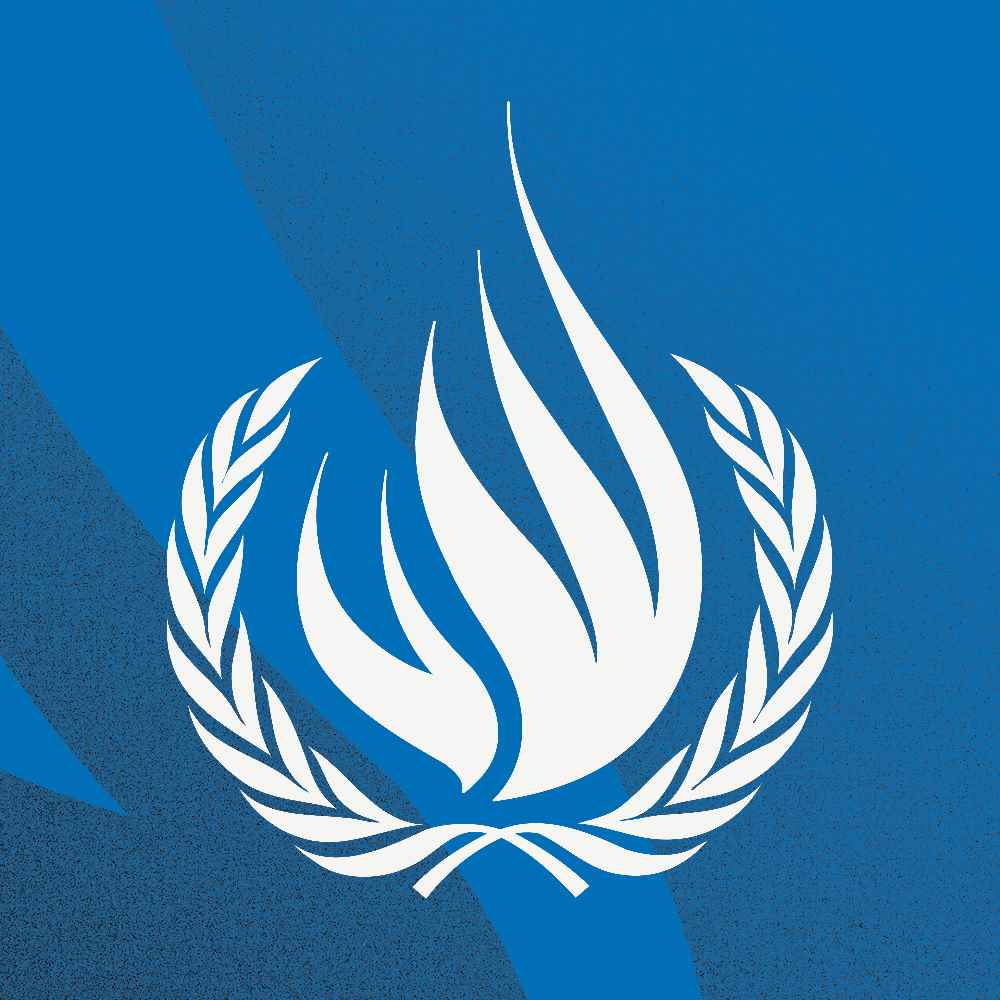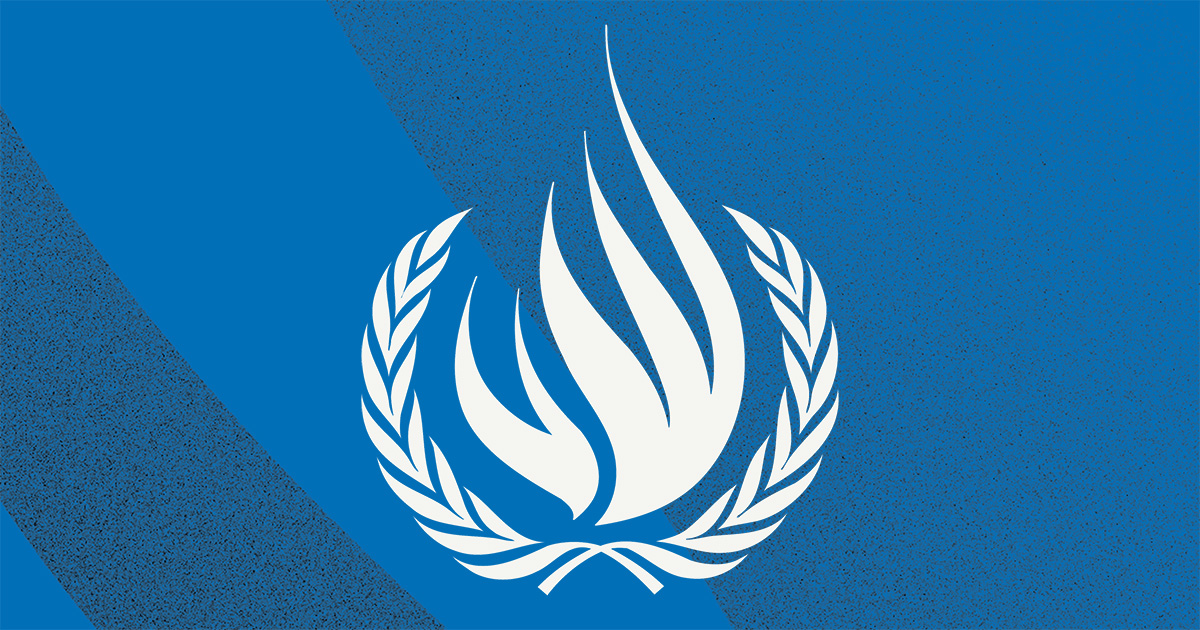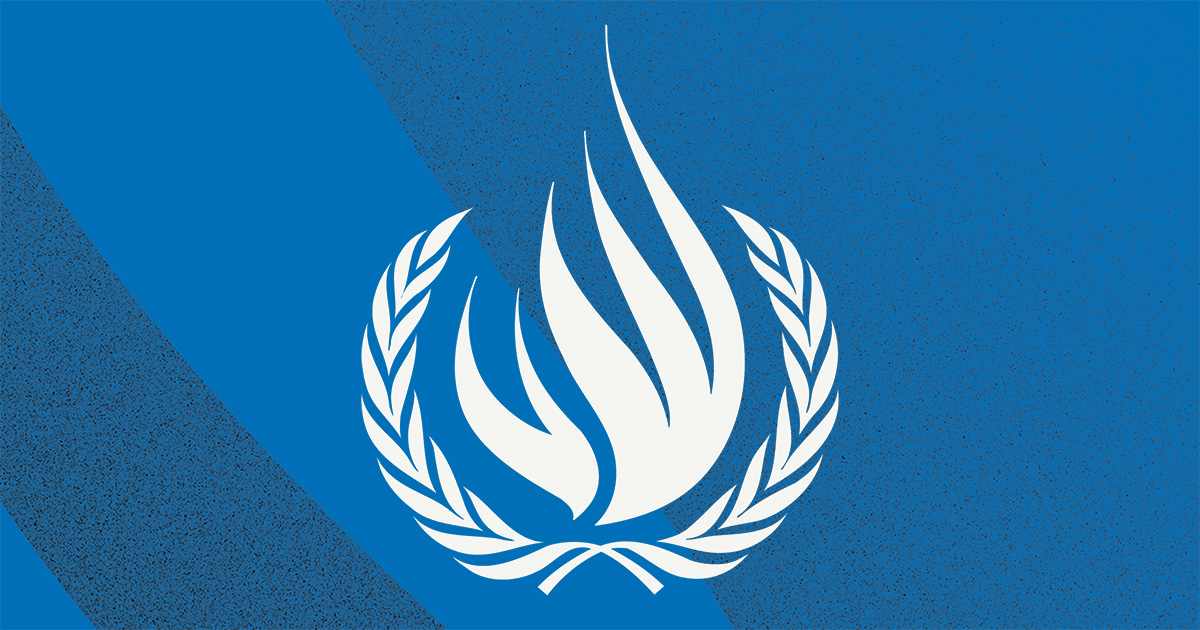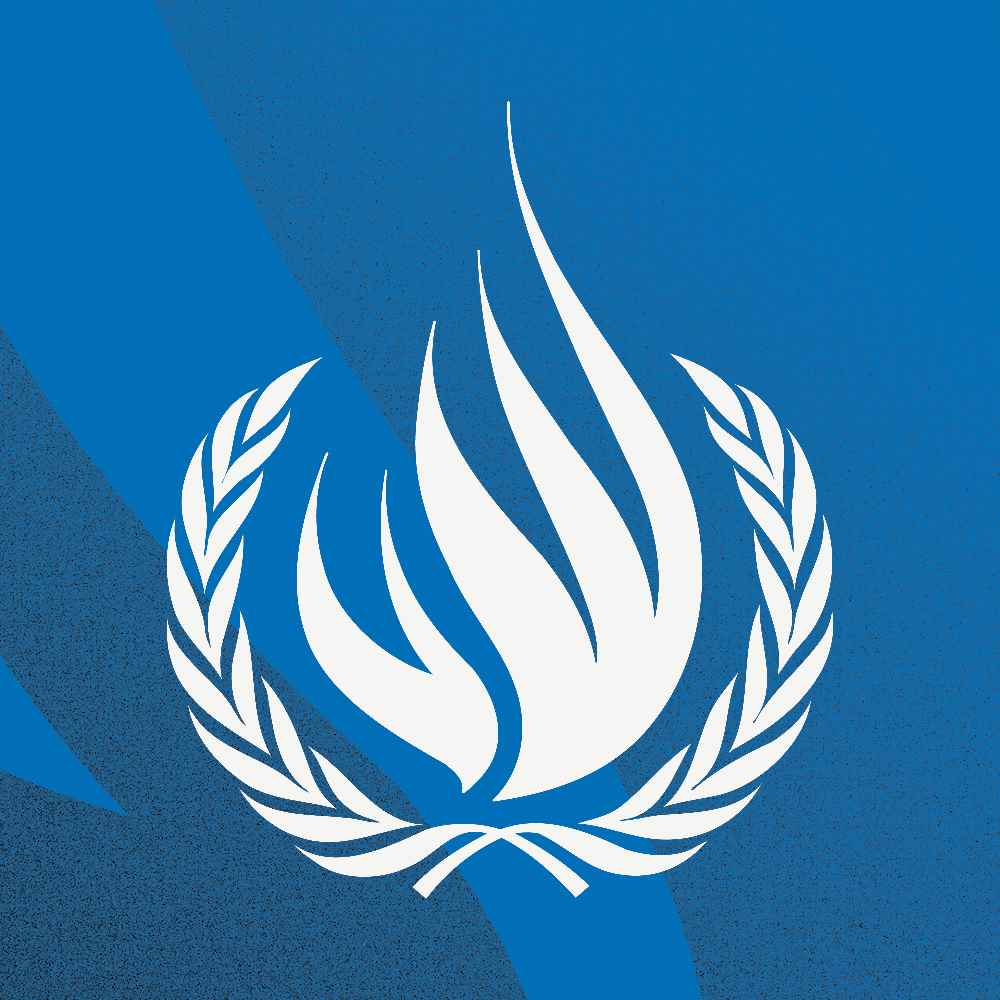
LIMA (18 May 2023) – The Government of Peru must ensure those responsible for killing and injuring protestors during a recent wave of historic demonstrations in the country are brought to justice, a UN expert said today.
“Excessive and disproportionate use of force led to the killing and injury of protestors and bystanders during the protests that began in December 2022,” said Clément Nyaletsossi Voule, UN Special Rapporteur on the rights to peaceful assembly and association in a statement at the end of a 10-day official visit to Peru.
Voule said accountability and political reform were key to overcoming the social and institutional crisis in Peru.
“To resolve the current crisis, the Government must address the victims of recent protests and recognise their suffering. It has an obligation to ensure that those responsible for human rights violations during the protests are effectively held to account,” the expert said.
“The State must guarantee access to justice, remedies, reparation and compensation to victims, including by bearing the cost of medical treatment for wounded persons,” he said.
Protests erupted across Peru after President Pedro Castillo was removed from office by Parliament in December 2022 for attempting a coup. Law enforcement responded with a crackdown on protestors and use of excessive and disproportionate force by law enforcement. Over 60 people were killed in clashes which also injured hundreds, including law enforcement officials, and led to the destruction of property. While I condemn any act of violence within the context of a demonstration, I am alarmed by the number of deaths, which includes bystanders, children, women, members of indigenous communities and law enforcement officials.
“The protests reflect a decline of trust in Peru’s existing democratic order and its institutions,” the UN expert said. “Indigenous and rural populations feel particularly excluded and unrepresented in Peru’s economic, social and political systems. They suffer the bulk of Peru’s exclusion and poverty, and claim they have been unable to benefit from years of democracy,” he said.
The expert urged the Government of Peru to uphold the human rights of all Peruvians by addressing historical root causes of the protests.
“Peru must recognise that the solution to this crisis lies in addressing profound social and economic injustices, and disparities affecting rural and indigenous communities,” Voule said. “This includes ensuring access to justice, education and health care services, and adopting political reforms to strengthen the rule of law, the separation of powers and create a more representative and participatory democracy.”
A broad and representative dialogue to discuss reform, including with protesting communities, will help to lower tensions in the country, the expert said. In this regard, I encourage both the Government and civil society to promote dialogue to resolve the current crisis.
Voule was alarmed by how structural racism and discrimination had affected the management of the protests.
“I deplore the way indigenous people protesting were stigmatised and treated. The Government must recognise that indigenous people suffered disproportionately during the violent repression of the protests,” he said.
The expert condemned the hostile rhetoric used against the protest movement, particularly the labelling of protestors as terrorists. “Given Peru’s violent history of terrorism, this accusation is dangerous and traumatic,” Voule said.
The UN expert said the Peruvian judiciary had upheld the rights of peaceful assembly and association in the past and recalled the State’s responsibility to protect these rights, including against criminalisation and stigmatisation.
“Today, more than ever, Peru’s judiciary must act independently to preserve the human rights to peaceful assembly and association,” he said.
“Victims rely on the judiciary to uphold human rights standards and protect their rights, and I urge authorities to guarantee due process to all those who have been charged or are being investigated,” Voule said.
The expert commended the work of victims’ associations and civil society and recommended strengthening the capacity and independence of the Ombudsman´s Office (Defensoría del Pueblo) which had played a key role in monitoring, ensuring legal support to victims and preventing further violence.
Voule thanked the Government of Peru for its willingness to facilitate his visit, and encouraged authorities to continue cooperation with the UN system.
A report on the Special Rapporteur’s visit to Peru will be presented to the Human Rights Council in June 2024.
ENDS
Mr. Clément Nyaletsossi Voule was appointed Special Rapporteur on the right to peaceful assembly and freedom of association by the United Nations Human Rights Council in March 2018. He is a lawyer currently working in Geneva in the field of human rights. Prior to his appointment, he headed the Africa programme of the International Service for Human Rights (ISHR). Mr. Voule has also worked as Secretary General of the Togolese Coalition of Human Rights Defenders, as a campaigner for the Togolese Coalition for the International Criminal Court and as Secretary General of the of Amnesty International-Togo. Since 2011, Mr. Voule has been an expert member of the Working Group on Extractive Industries, the Environment and Human Rights Violations of the African Commission on Human and Peoples" Rights. His mandate covers all countries and was recently renewed by resolution 41/12 of the Human Rights Council.
Special Rapporteurs are part of what is known as the Special Procedures of the Human Rights Council. Special Procedures, the largest body of independent experts in the UN Human Rights system, is the general name of the Council’s independent fact-finding and monitoring mechanisms that address either specific country situations or thematic issues in all parts of the world. Special Procedures’ experts work on a voluntary basis; they are not UN staff and do not receive a salary for their work. They are independent from any government or organization and serve in their individual capacity.
OHCHR country page: Peru
For media and information requests, please contact
Ms. Sara Cavallo at sara.cavallo@un.org and ohchr-freeassembly@un.org
For media enquiries regarding other UN independent experts, please contact
Maya Derouaz (maya.derouaz@un.org) and
Dharisha Indraguptha (dharisha.indraguptha@un.org).
Follow news related to the UN’s independent human rights experts on Twitter: @UN_SPExperts
Concerned about the world we live in?
Then STAND UP for someone"s rights today.
#Standup4humanrights
and visit the web page at http://www.standup4humanrights.org












